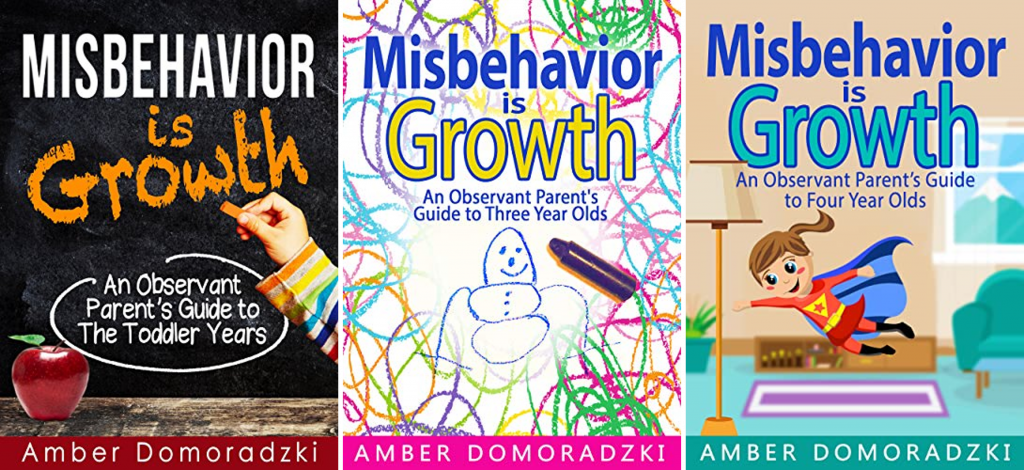
Tell me if you’ve been in this situation before. Your kids are out somewhere, having fun, and then one or more of them wants to go home. You hate to leave, because one is in the middle of a game. You try to accommodate it by doing something fun with the one who wants to leave, as to distract them for 5-10 minutes. And then now they want to say, for whatever reason. And then the other ones want to stay even longer. And then, oh crap, now everyone has been out too long and we’re all cranky. I may or may not have been in this situation recently, and I may or may not have also gotten cranky.
I found myself in this situation yet again, in fact the very next day. It was almost as if I should pay attention to this type of problem and get a better solution. But then–third time’s a charm–I did. I remembered my own advice, which is to linger on the problem a bit, before deciding on a solution. I was out at a roller skate rink with my three children. We had been there for nearly three hours. After getting food and resting a bit, my daughter wanted to roller skate. Well, this was great because she didn’t want to earlier, and I would have loved for her to get up and try. It would have been her first time on the actual rink. But then my youngest, only 5, announced he wanted to go home. And when my youngest says he wants to go home, he wants to go home. He 100% knows he has had all the fun he wants to have and now it is time to go home. So, I was split. I wanted my daughter to practice roller skating. But I knew my son couldn’t handle much more. Yes, I knew what the eventual solution was going to be. But before doing this, I got each involved. I asked each kid what they wanted to do. My youngest, “Go home!” My oldest, “Cash in our tickets and get our prize!” (The place was also an arcade.) My daughter, “Roller skate, cash in our tickets, then go home!” Actually, I’m glad I asked about this, because I forgot about the tickets we had. But, yes, I knew it was time to go home. However, by asking each to say what they wanted, they all saw what was going on. My daughter asked if I could distract my youngest for a bit. I said I really couldn’t, because what tends to happen is everyone gets overwhelmed. I told her we could practice roller skating next time and it might be better to do it more towards when we first got there. So, in talking to the kids, airing out each thoughts, instead of going right to the solution, I managed to:
- Remember we had tickets to cash
- Raise my daughter’s awareness about how much time she really does have when we come to this place
- Let all children know they were heard
- Convinced all children of why we were doing what we were doing
- Got children to happily and cooperatively follow me to the van soon thereafter (after we cashed in our tickets)
I remember these situations as a child. It is one of the worst things you can do to a highly sensitive child: keep them out later than their nervous system allows. Dr. Aron describes it in her book The Highly Sensitive Person: we highly sensitive people all remember being at amusement parks just way too long. It made me feel like I had no control over my choices and I had no right to set any boundary. You’re just stuck at places and that’s that. Managing this situation where you are out and some children might have just had too much already is a tricky parenting situation but an important one to handle well.
In my book series Misbehavior is Growth I describe how I use conflict resolution, not discipline, with children. The main focus in conflict resolution is to really understand the situation and everyone’s feelings before moving to a solution. This is what I did when I asked each kid to say what they wanted to do. I find rather often that this in and of itself helps many if not most if not all situations. Books for toddlers, three year olds, and four year olds are now out.
This book series also includes my child development work where I document the age-related “stages” that children go through. At each milestone, I offer conflict resolution ideas. I hope to help navigate parents through some of the stickiest, messiest, most wild flare ups that their children go through.
Thanks for reading and please send your friends and family to The Observant Mom!

Amber does child development work, documenting the age-related “stages” children go through. Send your friend to The Observant Mom.
